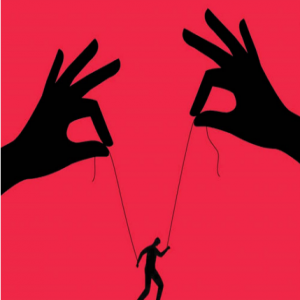
 Fr. Gaurav Nair
Fr. Gaurav Nair

The Trump-Zelenskyy meeting has raised ripples across the world. International diplomacy is going out the window, and we are moving towards a much more fragmented world than one could have imagined a few decades ago. The world was once thought to be moving towards globalisation, where national and international boundaries would increasingly blur if not outright vanish. However, the general trends speak otherwise.
The sudden blowup in the Oval Office was the most heated public exchange of words between world leaders in memory. The usual staid diplomacy descended into finger-pointing, shouting, and eye-rolling. The encounter has left the future of the US-Ukraine relationship and Kyiv's ability to defend itself in the brutal conflict with Russia in mortal jeopardy.
The US had been the strongest backer and ally of the war-torn country. But now, as the US flirts with Moscow, while keeping Ukraine and the rest of Europe out of the discussion table, it has become clear that it is trying to make sneaky deals. This is quite evident since the minerals deal, which was supposed to be the focus of the meeting with Zelenskyy, was forgotten as Trump and Vance accused him of a third World War.
Ukraine claims it has deposits of 22 of the 34 minerals identified by the European Union (EU) as critical, including industrial and construction materials, ferroalloy, and precious and non-ferrous metals. Many metals are important for the type of technologies used in aerospace and defence, as well as strategic commodities for decarbonisation, electric vehicles, energy security, and digital transformation. The arrangement would give the US a 50 per cent stake in Ukraine's vast, state-owned mineral wealth and oil and gas reserves.
The minerals deal with Ukraine would purportedly be very beneficial to the US, seeing as it has already isolated China, its hitherto major supplier. China completely concentrates the refining stage of most of the materials used for developing new technologies, and effectively, this dependency is a security threat that can potentially be used as a levy against other nations.
India has maintained a neutral stance on the Ukraine issue. The high-profile confrontation between US and Ukrainian leadership has revealed that nations increasingly prioritise self-interest, with bilateral transactions reaching an all-time high. Countries must now fend for themselves. Europe and Ukraine were the early casualties of this shift.
It is even less probable that India will overtly back either side as it is besieged on all sides. We do not currently have the capacity to stand alone without any support. New Delhi has consistently navigated a narrow path and intends to continue refraining from aligning with any particular camp. Instead, it will superficially reiterate its commitment to the principle that dialogue and diplomacy are the sole avenues to resolve disputes without saying anything of substance.